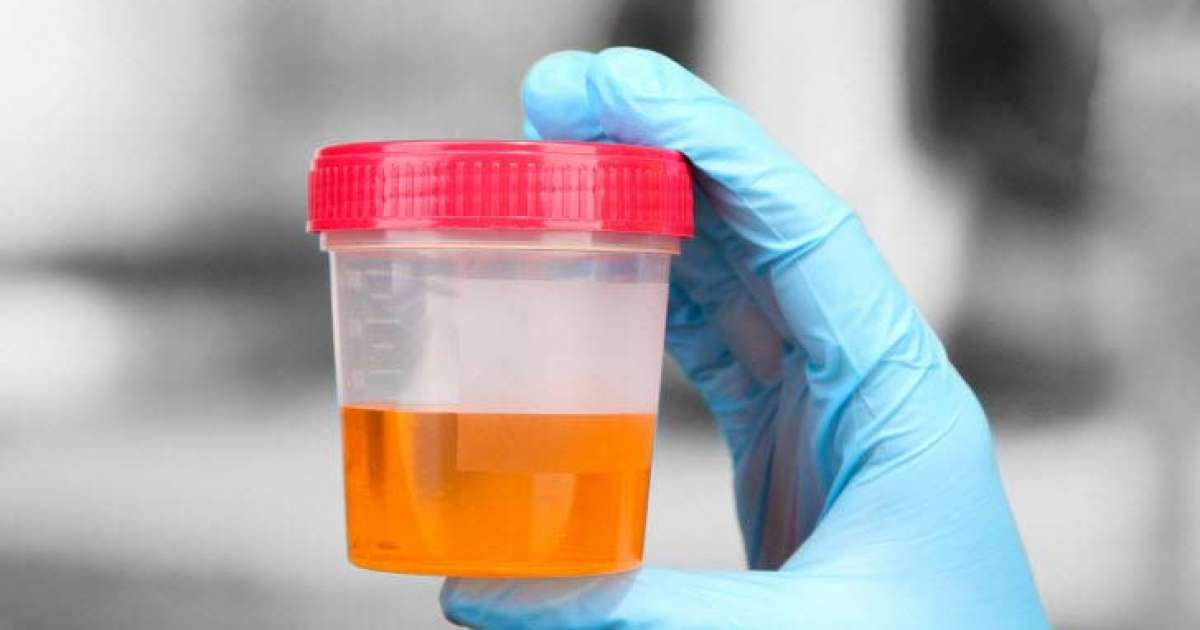Bladder Cancer: Ways to Detect A Serious Problem
Not Being Able To Pass Urine

An individual who reports not being able to pass urine can be a manifestation of bladder cancer. The urinary tract functions to drain urine from the body. The kidneys filter these unneeded fluids and wastes out of the bloodstream. The urine then flows down two small narrow muscular tubes called ureters. From the ureters, urine flows into an individual's bladder. The bladder expands to accommodate urine.
As the bladder fills up to its fluid capacity, nerves in the region send signals to the brain that it is time to urinate. The individual then controls when and where the sphincters in the bladder and urethra open to allow urine to flow out. The muscles around the bladder and the sphincters work together to hold urine in the bladder until the individual is ready to urinate. Bladder cancer can expand to the point where it causes one or more of the sphincters to be unable to open. A bladder tumor can also compress and pinch the urethra itself, which prevents urine from being excreted. In addition, malignant bladder tumors can grow in and around the bladder outlet, not allowing urine to pass.
Changes In Urine Color

Changes in urine color often occur in individuals affected by bladder cancer. This appearance is the result of the presence of abnormal substances that mix in with the urine. When urine turns anywhere from a pink to a very dark red shade, this is a common indication there is hemoglobin or myoglobin in the urine. Urine that turns a rust red, very dark brown or even black can indicate the presence of a significant amount of blood in the urine.
When an individual has not consumed enough fluids, they may experience dark yellow or even orange-colored urine when it contains blood. This urine color is the result of a high concentration of yellow-colored urea in the urine mixing with blood. The urine may contain pieces of actual tissue shed from the bladder lining as a result of the cancerous cells invading into the walls of the bladder. Bladder cancer can cause an individual to drink more fluids and urinate more often than usual, which can cause the urine to be diluted and appear clear.
